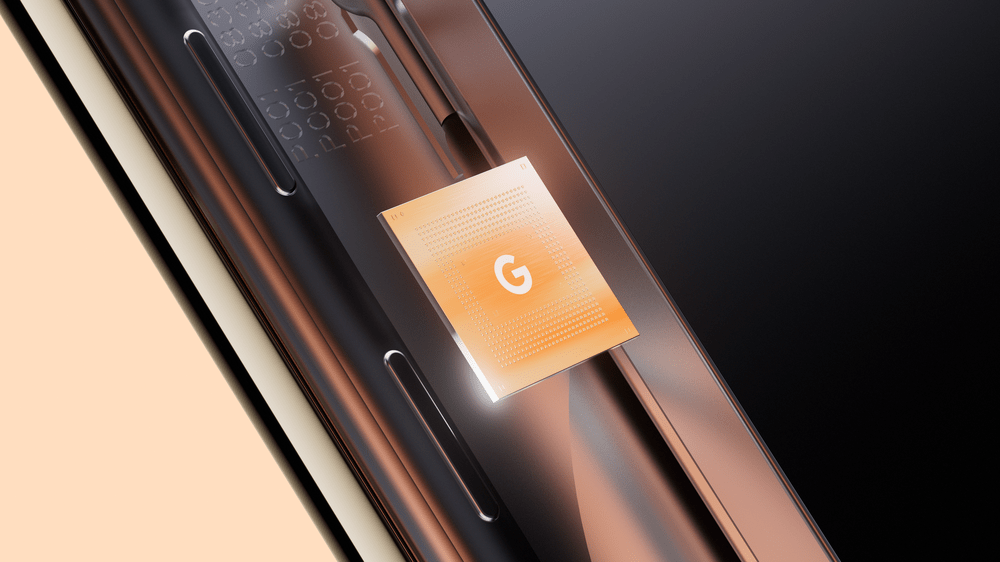Last Updated on
Google finally announced its Pixel 6 and Pixel 6 Pro handsets alongside its new in-house SoC (System on a Chip) titled Google Tensor. It’s a far cry from the standard processors used in Android devices currently, but we think it will change how android devices interact with us simple humans for the long term.

Why Google Pixel 6 Tensor SoC Is a Big Deal
The standard must-have Android device processors, such as Qualcomm’s Snapdragon processor, work in the same way as a standard processor by using multiple cores to process information quickly. However, Tensor is an in-house manufactured chip system with a focus on machine learning and artificial intelligence communication, which will be all processed at a local level rather than remotely.
The previously codenamed ‘White Chapel’ is the end-game of the long-rumored custom silicon Google has been developing for the past four years. The Tensor name comes from the AI Tensor Processing Unit (TPU) chips that powers Google’s data centers. It’s a bold move that backs up Google’s move into the premium smartphone market for the first time.

What Do We Know About Google Pixel 6 Tensor SoC?
Getting into the specifics, information is scarce other than it’s the first SoC chipset found in a smartphone. It’s also backed up by the unrivaled security of a new Titan M2 security chip, which should make some smart device skeptics rest easy for a while. Google’s hardware chief Rick Osterloh is pushing the work smarter not harder mindset to new levels by pushing machine learning and A.I. as the future of smart devices:
“Tensor was built for how people use their phones today and how people will use them in the future. As more and more features are powered by AI and ML it’s not simply about adding more computing resources, it’s about using that ML to unlock specific experiences for our Pixel users,”

The Future, Featuring Google Pixel 6 Tensor SoC
Google is future-proofing itself by marrying its hardware and software endeavors in a premium product that could mirror or possibly overtake Apple’s success with the in-house development of iPhones. It’s also controlling how it supports its products by cutting out the middle man alongside moving to the final stages of a closed ecosystem with Android OS and Google Play Store in their back pockets.
Yes, Google is mimicking their competition and has had a slow start in comparison to Apple when it comes to premium products. However, Google is going in its own direction with what Android OS is capable of. Armed with all-day battery life, three cameras (4x optical zoom/telephoto lens on the Pro model), advanced security, and a big scope with machine learning and A.I, Google could very well change how people interact with their smartphones and become a market leader.



